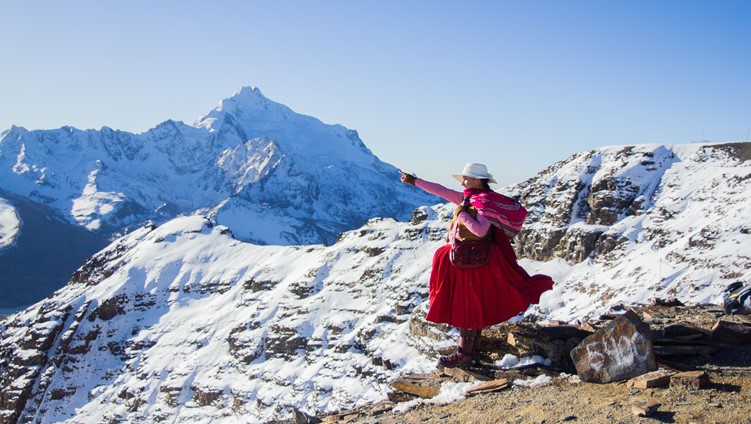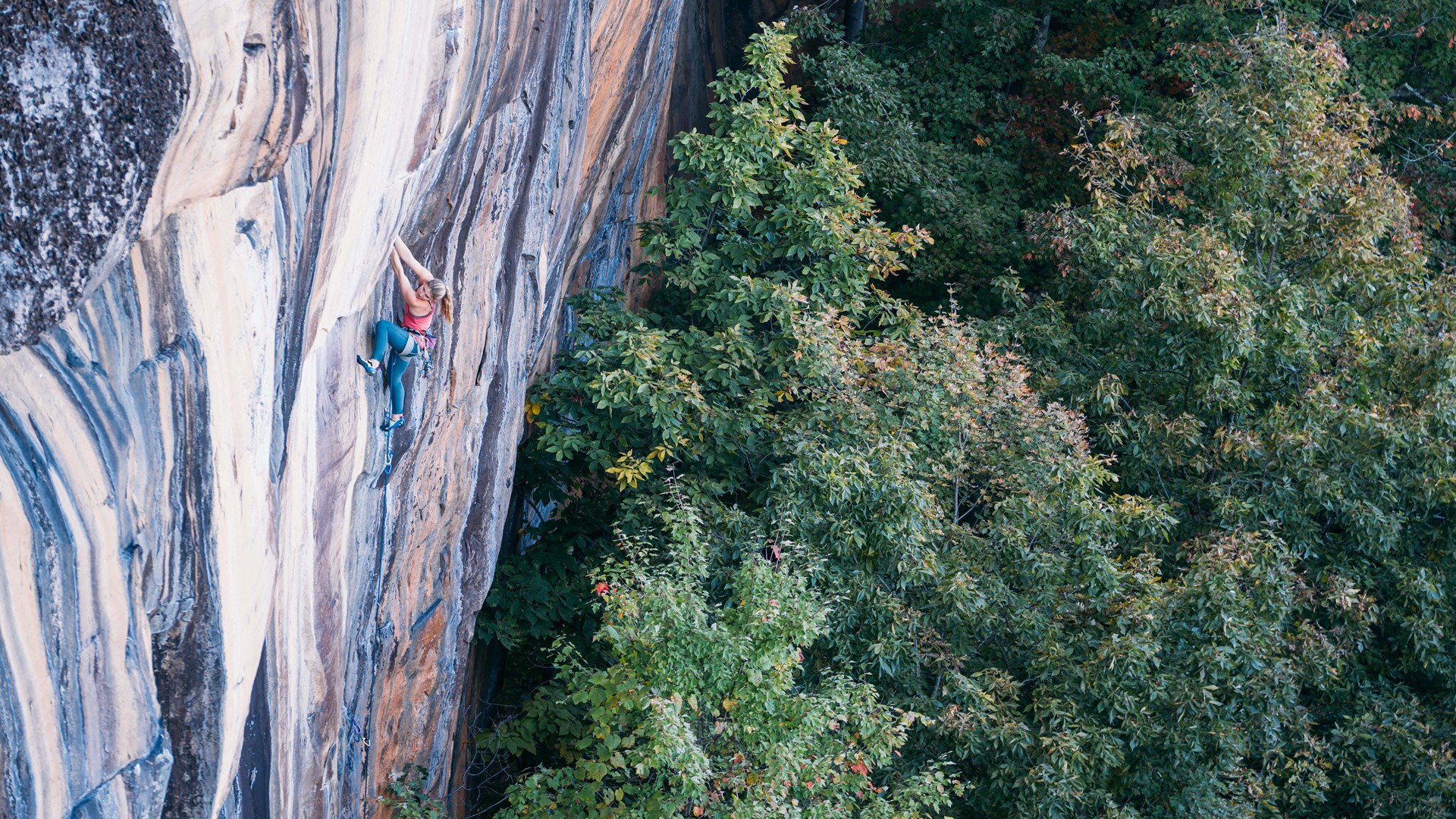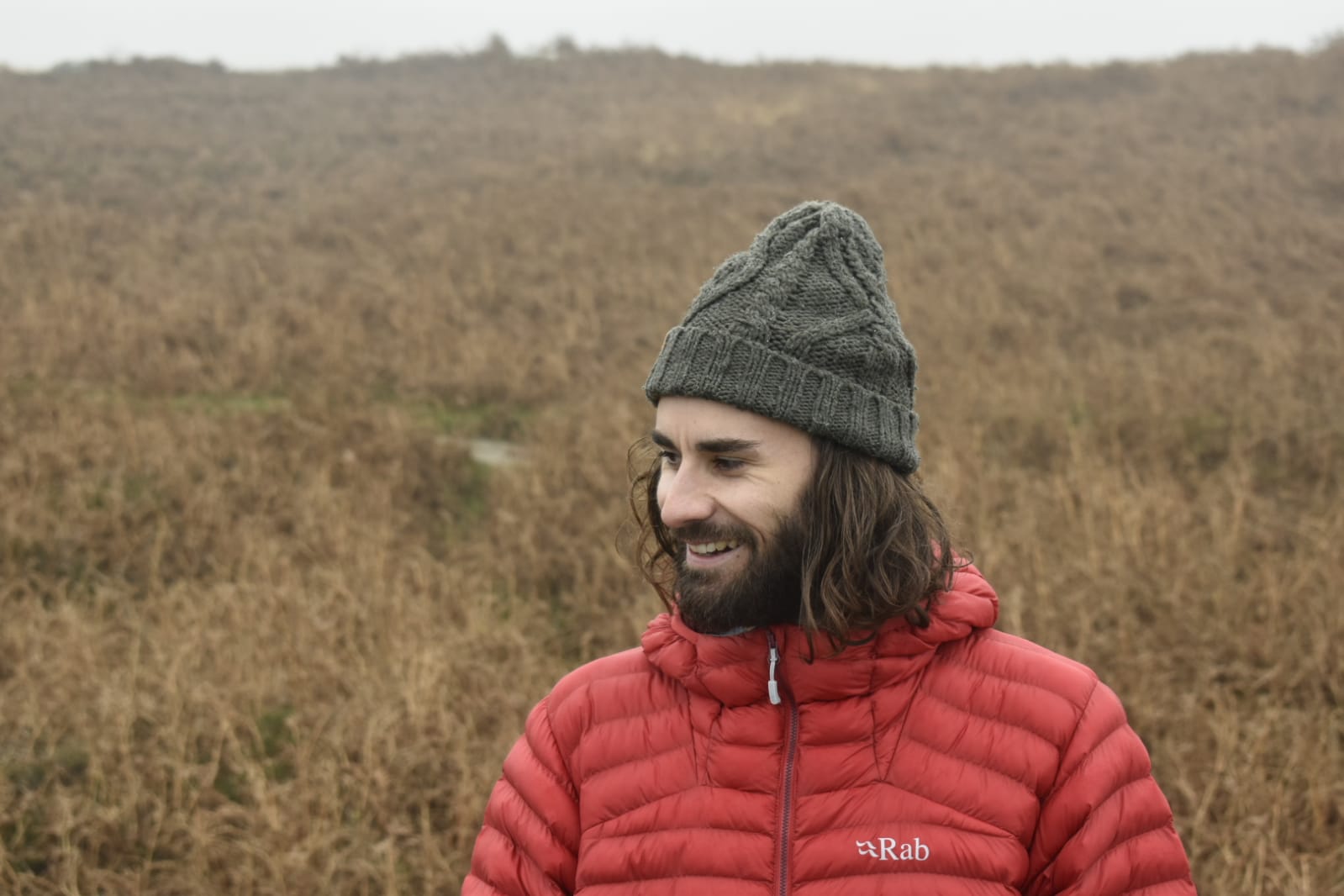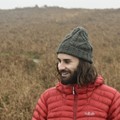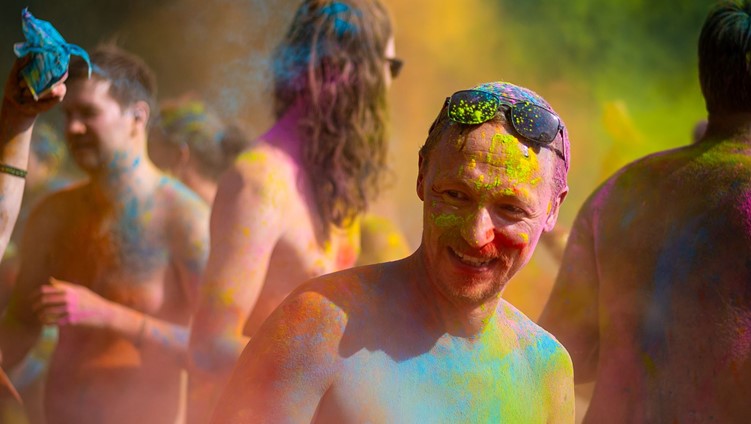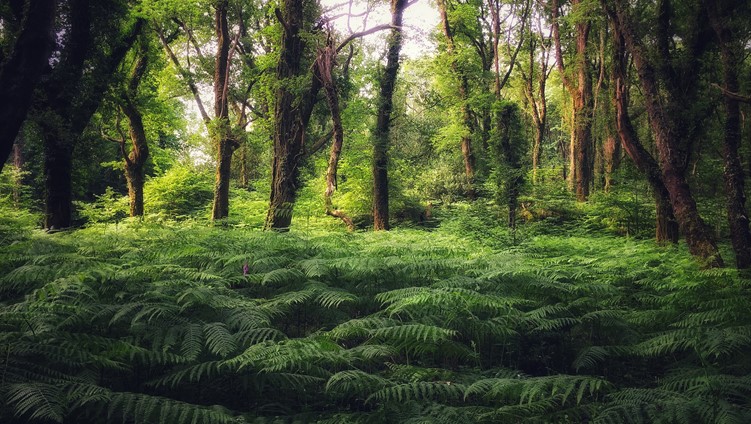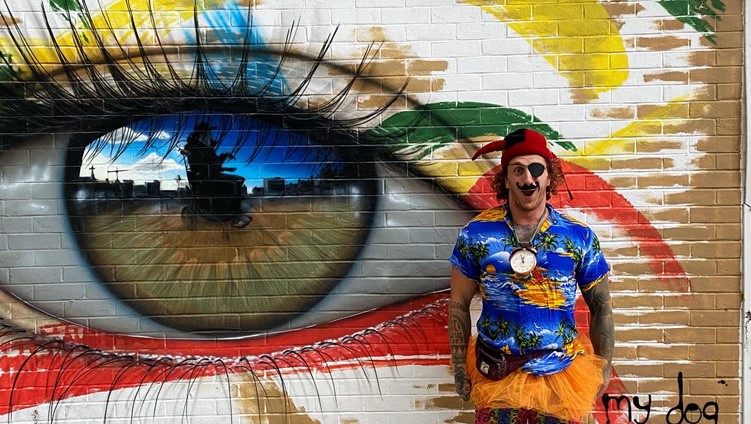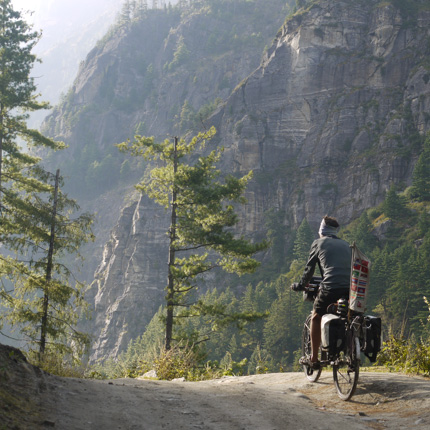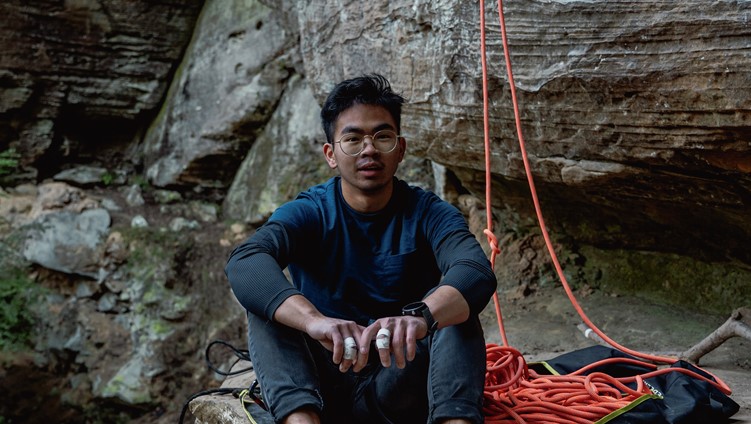
Our Editor Sam chatted with the Collective’s Colette McInerney and Julie Ellison to learn more and look for lessons for adventure storytelling more broadly.
Pretty Strong premiered in January 2020 as the first climbing feature film to showcase exclusively female climbers. This step forward in climbing storytelling caught our attention, as did the fact that Pretty Strong was produced by a women-led filmmaking collective. We strongly recommend watching the film, if you haven't already.
But we knew we had to speak to the team upon reading their response to criticisms made of the way they were speaking about the film before its release. Thoughtful and humble in the face of uncomfortable but fair critiques, it was part of an important and instructive conversation about the role of adventure storytelling.
The Never Not Collective emerged out of conversations between Julie and Shelma Jun, founder of the Women’s Climbing Festival. Colette came aboard shortly afterwards, as did Leslie Hittmeier and then Sophie Danison, as the idea for Pretty Strong took root.
“Coming together as a collective was about bringing various levels of experience with different skills and networks, like the idea of a supergroup in music,” Julie explains. “We also just wanted to have fun together and do something cool.”
Pretty Strong emerged from conversations they were having with others from the climbing community. “An all-women climbing film felt like a no brainer on all sides,” Colette says. Initially the idea was smaller, and more focused on bouldering, “but then outside opinion was, ‘No, we need this to be deeper, we need bigger stories, we need more.’”
The Collective didn’t know exactly what the film would look like before shooting. “I don't always have some crazy vision before, like some really great photographers and video people I know,” continues Colette. “I just wanted to tell stories about women. I felt like there weren't enough out there. I didn't know exactly who they were going to be or what that would look like. But I knew they were there.”
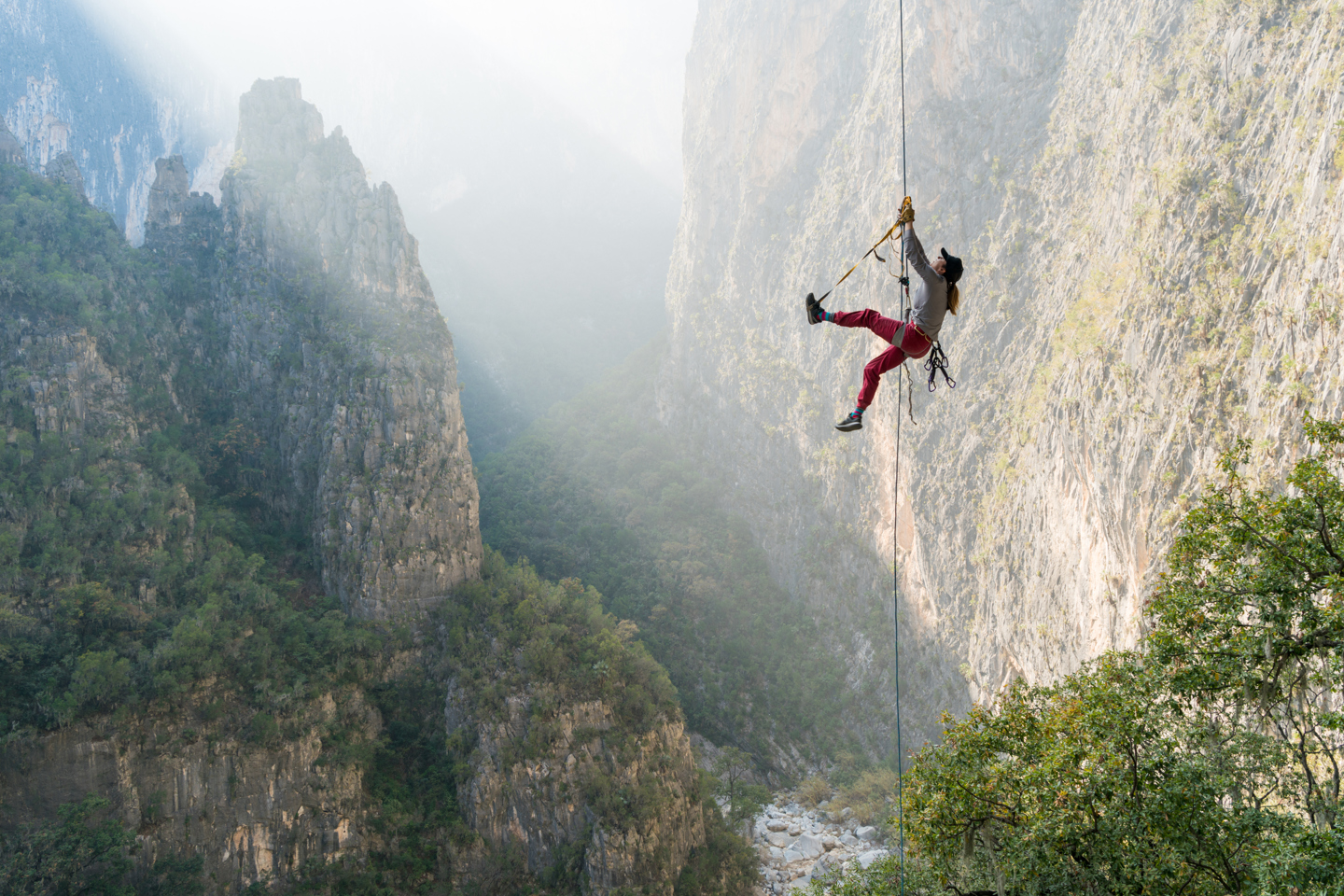
Colette McInerney filming in El Salto, Mexico for Pretty Strong (photo: Leslie Hittmeier)
'I just wanted to tell stories about women. I felt like there weren't enough out there. I didn't know exactly who they were going to be or what that would look like. But I knew they were there.'
The cast of climbers featured in the film came together organically, the result of pre-existing relationships and the luck of the scheduling draw. Other features of the production were more challenging, though, especially as nobody on the team had managed the production of a feature film before. My asking whether the production brought any particular challenges is greeted with laughter.
“We're chuckling at this because I think everything, from day one,” explains Julie. “Today we're still just like, ‘holy shit!’” From legalities through permits, language challenges and navigating music rights, the task was gargantuan. “That is where the collective was huge,” continues Julie. “A lot of it can be so overwhelming … but we had each other to draw on not only for accountability and inspiration, but just for the delegation of tasks.” They are both also quick to acknowledge the wider network (at least 100 people, they reckon) that supported them in various ways.
Another thing the team wasn’t quite prepared for was the level of interest in their Kickstarter campaign, which was fully funded in five days, eventually raising $79,383 (of a $50,000 goal) in 2017.
This was exciting, and helped attract sponsorship from brands that were supportive of the project and didn’t request product placement or burdensome input. But it also brought challenges. Even though the team didn’t relinquish any creative control to their Kickstarter supporters, suddenly having a committed audience with a sense of investment in the film made it easier to second guess decisions. “If you lose sight of your initial tie to a product and your initial vision behind what you want to say,” reflects Colette, “you start to lose that proper connection.”
Anna Lina Laitinen (left) and Isabelle Faus (right)
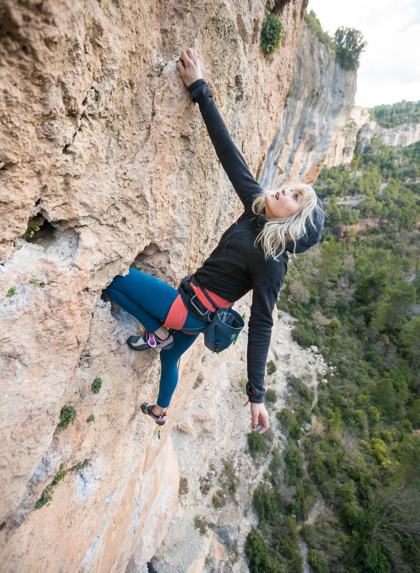
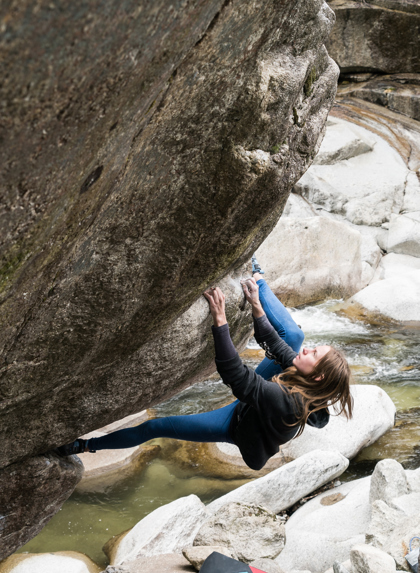
'If you lose sight of your initial tie to a product and your initial vision behind what you want to say, you start to lose that proper connection.'
The biggest challenge, though - and one that makes Pretty Strong a particularly interesting example of the challenges and importance of adventure storytelling - came during the promotion of Pretty Strong before its release. The team were keen to emphasise that the film was not about gender: a framing that some women who had supported the film felt neglected important intersectional issues around gender and climbing.
“Our goal from the beginning was to start a conversation and to have these topics brought up and discussed widely,” says Julie. “So it's been a really good experience. It's been hard, and it's challenging to admit your biases and your experiences and question them and try and see them from someone else's perspective. But overall it's been really great.”
Between the Kickstarter campaign and the film’s promotion, conversations around gender and intersectionality advanced quickly in the climbing community, becoming more aware of issues around diversity and inclusion. No doubt the #MeToo movement, gathering pace from late 2017, played a role here. Ironically, this progress contributed to the controversy around the film by leaving the team’s promotional language feeling particularly outdated.
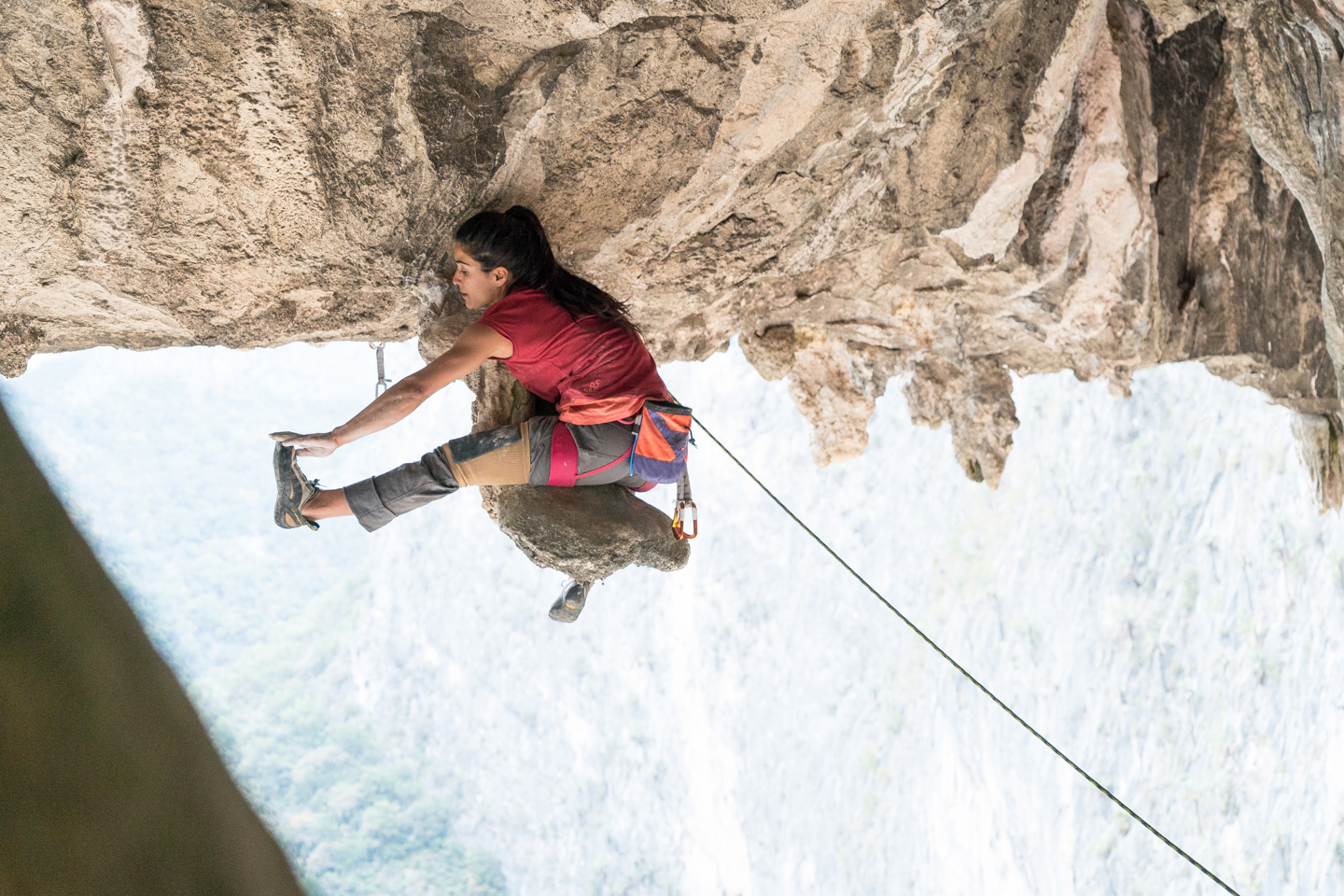
Fernanda Rodriguez
'It's been hard, and it's challenging to admit your biases and your experiences and question them and try and see them from someone else's perspective. But overall it's been really great.'
To their credit - and as an excellent example of humility in the face of making mistakes in storytelling (in this case telling stories about stories) - neither Julie nor Colette use these rapid developments as a shield.
Although the women in the Collective were part of those conversations, as members of the climbing community, acknowledges Julie, they “didn't necessarily filter into the work we were doing. We tried to pick a diverse team to focus on from different places, and obviously climbing styles and backgrounds, ages and all these things. And I think we thought that was enough.”
The idea was to put these diverse women, all world-class climbers, front and centre, but to “not talk about gender directly, and not talk about obstacles they faced being women and climbers,” she continues. “In my mind, it was going to speak for itself.”
The feedback the team received convinced Julie and Colette that this was a mistake. “One of the biggest things I took away from the conversation,” says Julie, “was that that is a very privileged way of thinking about it, because not everybody can ignore their gender or their race. It affects them in everyday life, whether it is climbing or beyond. So that was a big lesson to learn.” Colette concurs. “What we were hearing was that that was such a short-sighted view on the Women’s Movement,” she recalls, “because it didn't talk to a big group of people who aren’t living that reality.”
'One of the biggest things I took away from the conversation was that that is a very privileged way of thinking about it, because not everybody can ignore their gender or their race. It affects them in everyday life, whether it is climbing or beyond.'
Larissa Arce (left) and Nina Williams (right)
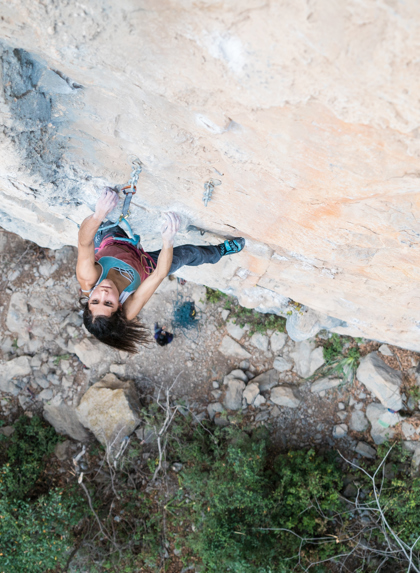
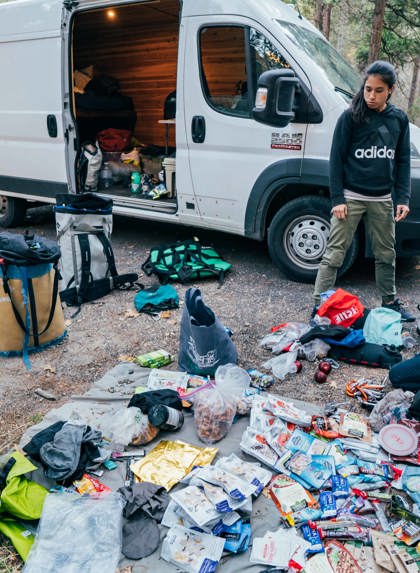
These conversations were happening in 2019, when the team was in the trenches of post-production. “That was really challenging personally, but a lot of the things that were said were just spot on,” says Julie. “I'm proud of the way that we responded,” she reflects. “We took time to respond. We talked to people who have a lot more knowledge in these spaces.”
Had people seen the film without reading the promotional language, Colette says, it probably would have negated many of these conversations. But this would not have been a good thing. “Honestly, I don't think the hard work would have been done, which I think was the biggest takeaway: that there was a lot of discomfort, a lot of questioning and rethinking how we were talking about the feminist movement, and how that was actually affecting growing a diverse culture in our industry. We were slighting that by continuing to use outdated verbiage.”
“You can see with those feelings and those comments that people are hurting, people are really struggling in a lot of different ways,” continues Colette. “They are saying, ‘We don't have that many outlets telling our stories, and we really need the people that are in the position to be telling those stories - that are privileged enough to have the 100 connections that we talked about, to have the freedom to meet together and get this Collective going - we need you to really understand where we are coming from.’ And I don't even think that some of them were saying ‘We need you to make that movie,’ but they were saying ‘We need you to understand what you're not making with this movie, and some of the things you're saying, we’re just not on board with that.’”
'They are saying, ‘We don't have that many outlets telling our stories, and we really need the people that are in the position to be telling those stories ... to really understand where we are coming from.'
This spirit of learning and improvement, along with its honest recognition of imperfection, should be welcomed with open arms by adventure storytellers. “I wanted to walk away not being scared to try it out again, even if we didn't do it perfectly,” says Colette. “I don't want to make somebody else watching who was thinking about creating a film to be scared to try to have those hard conversations with us. The only way we are going to start to make progress and have real understanding is to have them learn, be humble, have compassion and really just have a lot of love and help people grow.”
Ultimately the Never Not Collective has much to be proud of: not just their response to critiques, but also Pretty Strong as a film. It is a major step forward for women’s climbing, and one that proves there are plenty of roles for women both in front of and behind the camera. As both women’s climbing and the culture of what the team calls female “media makers” behind the scenes become more prominent, it deserves to be remembered as an important step along the way.
More than anything else, though, Pretty Strong is a highly enjoyable showcase of brilliant climbing. If you’ve not seen it, we highly recommend you put aside an evening some time soon and do so.
Recommendations and references
- The Never Not Collective’s blog in response to critiques of Pretty Strong.
- Slaydies - Short film by Tara Kerzhner following leading climbers Margo Hayes, Paige Classen and Emily Harrington.
- Eliza Earle - Photographer and filmmaker with a focus on climbing and the outdoors.
- No Man’s Land Film Festival - All-female adventure film festival.
- Jen Randall - Filmmaker, photographer, writer and climber.
- Henna Taylor - Director and filmmaker of climbing and wider films.
- Taylor Reese - Photographer and filmmaker with a focus on climbing.
Keep exploring

